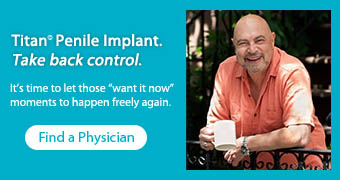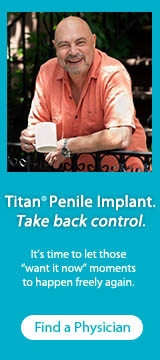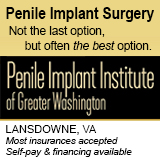merrix wrote:Well, two things come to mind:
The study does have very few cases. The first implant (first revision or first implant? Not clear to me...) group is 44 people. Already that is a very small sample group.
And then it just gets worse. Talking about a 50% risk on the 4:th (implant or revision?) when the population consists of 8 people is pretty useless.
On the other hand, infection is a real thing, it happens, and the maths does not work in favor of multiple surgeries.
Let us take a few examples of accumulated infection risk over 5 surgeries (not many would need more than 4 revisions) based on different risks on each surgery.
Infection risk.JPG
This will clearly show that if you pick a surgeon with poor skills on avoiding infection, probability of getting infected increases to pretty ugly numbers as number of surgeries go by.
Why the odd infection risk for the first surgery?
Because a study I read showed these infection risk by volume:
Risk vs volume.JPG
I put Eid in the table for reference. He publishes his infection risk data on his web page. Maybe there are other super skilled surgeons out there as well with similar records as him.
But the takeaway is - Eid (or someone with his skills) will have the same accumulated infection risk over 4-5 surgeries as the average doc has in one surgery.
I have got hammered over the years by some morons for giving one advice only in my signature and in plenty of posts - Choose a world class surgeon.
Many have said that there are plenty of fantastic surgeons in the local hillbilly hospitals. Yeah, right. Maybe there is.
But why take the risk? The odds are against you when you pick a low-volume surgeon, while the odds are definitely in your favor when you pick one of the very, very best.
Your choice, your dick.
This gives me a lot more encouragement. And it does make sense.
The study makes no mention of which surgeons were performing these implants nor offers any information as to their infection rates.
It does stand to reason that going to a surgeon like Eid, Ralph, Hakky, Perito, etc etc (the A list basically) would dramatically reduce your risk of infection down the line.
One would also hope that in 10 years, the surgical technique and devices will be even more advanced and offer greater protection against infection as well as hopefully, longer lasting implants.
Medical science, and I believe this field being no exception, have come a long, long way in the last ten years alone and tech advances exponentially.
Merrix, where did you get these numbers? Or are they your own statistical forecasts?







